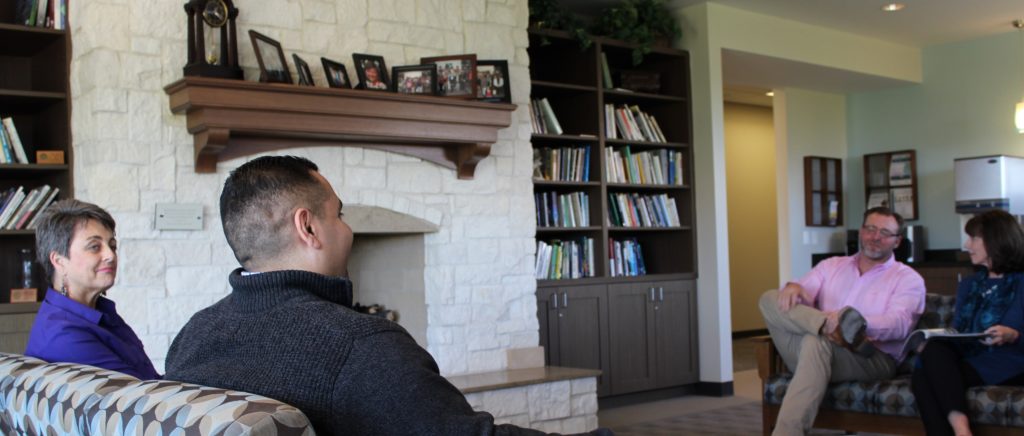A road map to recovery options for those struggling with addiction
By Lori Fiester, Clinical Director for The Council on Recovery
While the Council on Recovery is a known place to start when looking for help with alcohol or drug abuse, the average person who struggles with substance use issues does not know what is involved in treatment, much less recovery. It does not simply begin with the desire to do things differently…
Many people begin with decreasing their use of the identified substance, or stop completely. While some can be successful with either measure, most who have abused substances for a long period of time have withdrawal symptoms. Those who have heavily used or have a genetic predisposition need more assistance. Millions of people have a crossed the doorway to 12-step meetings, have a sponsor and have worked the steps and been successful. And then there are those who need more support.
When thinking about treatment, it’s important that the client be served in the least restrictive environment, but safety has to be the priority. The least restrictive measure involves individual therapy/counseling. This modality can work but it needs to be supplemented with regular 12-step group attendance, utilizing sponsorship and working the steps.

The next level of care is Intensive Outpatient Program (IOP). This type of program offers approximately 10 hours of treatment to the individual that includes individual and group therapy, psychoeducation, and skills group, spread out between three to four days a week. This allows the person to work and sleep at home, but a good portion of their time is dedicated to therapy. Most IOP’s last six to eight weeks.
Partial Hospitalization (PHP) is the next level in care. This option consists of being treated for up to five hours a day for five days, and then going home early evening. This service includes much of what IOP does, but is even more intense, adding five to ten hours per week, and can last several weeks.
Residential care is when the person enters a hospital-type setting in which they have about 20 hours of dedicated treatment services. They can stay there anywhere from 28 to 90 days. Many people who enter this type of care often need detoxification, which includes medical stabilization and a doctor to oversee the person’s withdrawal from the substance.
There are many avenues to consider when thinking about getting sober. The Council can help with an assessment that can diagnose and give recommendations of what to do next. The continuum of care has many opportunities for someone to stay sober. Research indicates that the longer a person is in treatment services, the less risk they have for relapse. If you or anyone you know is in need to start their journey to recovery today, start here – (713) 914-0556.
